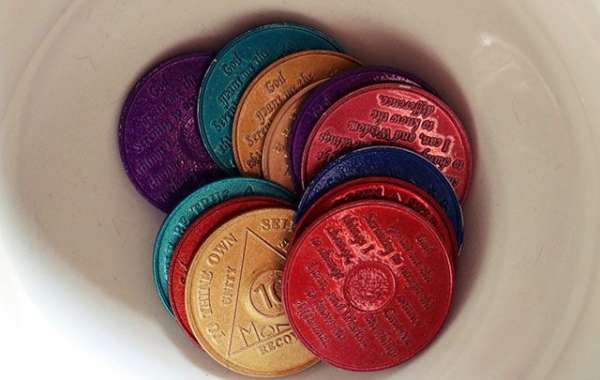Getting sober in early recovery is an exciting time. However, it can also be uncomfortable at first.
It is important to recognize your trigger thoughts and to learn coping strategies to avoid going down them. For example, distracting yourself by focusing on something else is one way to do this.
Identifying the Problem
Often, sobriety symptoms begin to show up in the first 30 to 90 days of sobriety. They can include emotional, physical and social changes. It is important to remember that these early symptoms are normal.
For example, you may notice that you’re having sugar cravings or consuming more sugary foods than usual. You can help reduce these cravings by keeping healthy options like water and fresh fruit available at home. Try them when a craving for soda or candy arises and you’ll find that the craving usually passes once you satisfy it with something healthier.
Some people also experience boredom in early sobriety as the mental obsession that comes with substance use fades. This can cause irritability, tiredness and a lack of motivation. You might feel a loss of appetite during this time as well. Getting enough good quality nutrition is essential for recovery. Depression is another common symptom of early sobriety. It is often linked to low levels of the neurotransmitters serotonin and dopamine.
Choosing a Treatment Program
Many factors must be considered when choosing a treatment program. The type of treatment varies from person to person and depends on the extent of the problems, your goals for recovery, and what other conditions you may have that need to be treated at the same time (dual diagnosis).
Residential programs generally have a higher success rate but can be more expensive and disruptive to daily routines. Outpatient programs can provide a greater level of flexibility and are often less expensive.
Different programs use different treatment models, ranging from medical models that focus on physiological causes of addiction and use pharmacotherapy to alleviate symptoms (e.g., disulfiram) to psychological models that focus on maladaptive motivational learning and emotional dysfunction underlying drug abuse and offer psychotherapy directed by a mental health professional. Intensive outpatient treatment, which is offered in a variety of settings from day care to evening and weekend programs that meet for 6 hours per week or more, has been shown to be effective in the early stages of treatment.
Finding a Support Group
Many recovery professionals recommend joining a support group to keep individuals on track after they leave treatment. Some people are hesitant to join one because they feel that they have not hit rock-bottom yet. But relapse is common, and being prepared for it can make the experience less devastating if it occurs.
Alcoholics Anonymous is perhaps the best known of all addiction-support groups. Its members follow a 12-step program laid out in the book "Alcoholics Anonymous," published in 1939. The group also has online meetings and offers an educational toolkit, email groups, one-on-one sobriety "ePals," and a 24/7 message board.
Another option is SMART Recovery, which emphasizes scientific research on addiction and provides tools to help you maintain sobriety. The group does not endorse a higher power or spiritual beliefs and does not use the term "addict" or "alcoholic." It also focuses on strategies that prioritize self-empowerment and positive affirmations and mantras for emotional growth.
Getting Help
Getting help for early symptoms of addiction is critical to long-term sobriety. A therapist can help with emotional support and create a plan to deal with triggers, like the people in your social circle who drink.
During this time, many people will need to reassess their relationships. This may mean cutting ties with friends who enable drinking, or finding new people to be part of a sober community. Stability is vital to avoiding relapse, so routine and structure are key. Keeping up with daily tasks like going to work or school, attending meetings daily, exercising, cooking healthy meals, and spending time with family will help to keep sobriety on track.
Some individuals experience mood swings and fatigue during this stage, but these are normal reactions to sobriety. It’s important to remember that sobriety is a journey and that the good times will outweigh the bad. Visualize sobriety as a marathon, not a sprint, and take it one day at a time.







